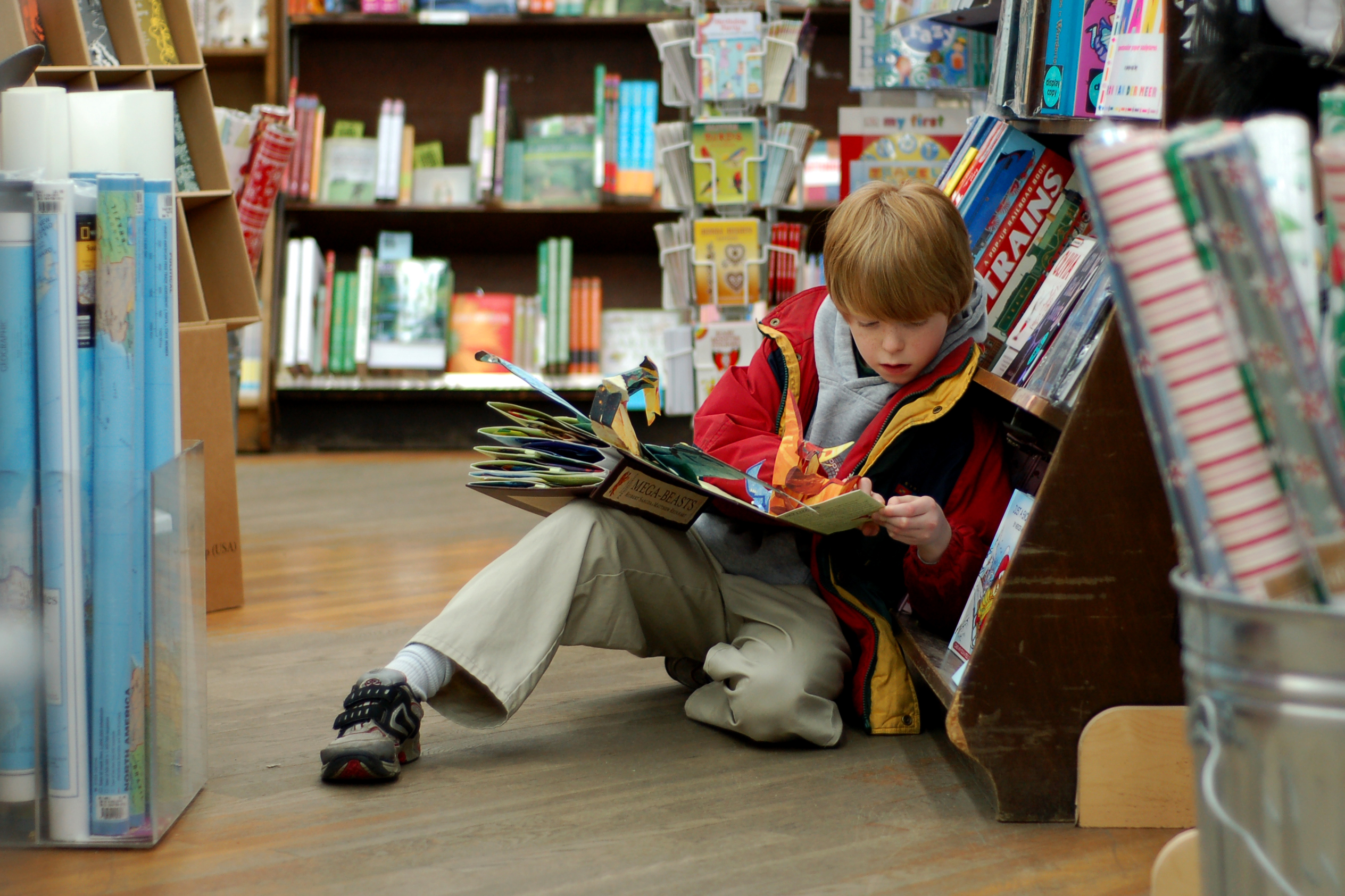Should We Reward Children For Reading?

One of the nice perks of our Great European Adventure is that we live in a really big city. One of the features of a big city is that there’s practically whatever you want within a walking distance. For example, the local library is closer to our house than my daughter’s nursery (American translation: daycare) is.
So this summer, which was extremely long seeing as I had both kids at home (SAHMs and SAHDs everywhere, I salute you. Don’t know how you do it), we spent a lot of time at the library. We spent a lot of time in other places too (did I mention it was a long summer?), but today I’ll talk about the library. The libraries in our borough, coordinating with the schools, had a summer reading challenge: for every two books you read, you get two stickers, and the challenge was to complete 6 books (in the 6 weeks of summer holidays). This got me thinking: I was pretty sure that the research shows that giving rewards for reading does nothing to motivate students to read. See, what typically happens when you give people rewards for something is that you lower their intrinsic motivation. They then do whatever you want them to do to get the reward, rather than because they enjoy it.
Of course, being the scientist that I am, I looked up the research. I found an interesting paper in the journal Reading Psychology that reviewed programs giving students rewards for reading. The amazing thing is, there is no proof that these programs help children read more, or improve their reading. Moreover, most of the programs give rewards for number of books/words read. This means you don’t necessarily have to understand what you are reading. Several studies previously found, in different contexts, that if you give rewards for doing something that isn’t the core task you are looking for, you actually impair people’s motivation to do the core task. Not to mention that if all you are looking for is mechanical reading, that’s all you’re going to get. And lets face it, that’s not going to get anyone anywhere. It’s an important first step, but that’s not the end goal.
Now, there are great reading programs out there. I read about (but never attended, it’s on our to do list) a “Chatterbooks” program, in which kids talk about the books they read – like a book club. This program sounds like a good one because the understanding is front and centre, not the reading itself. Also, the website my son’s teacher is using is good, because there are questions inside each e-book and he gets points for answering the questions. I personally find the “read to me” option in the e-books to be somewhat counterproductive, but luckily my son is fantastic, and he doesn’t use it because I said he shouldn’t.
So what do you do if you are a parent and you want your child to read more? I would argue for intrinsic motivation first and foremost. Make them love reading for reading, not for anything else. Reading is so fantastic that you really don’t need a prize. The prize is that you have read something; you have gained knowledge about something that interests you, or you were engaged with an interesting story that opened your mind. Your kid likes sports? Find a book about sports. Your girl likes fashion? Find a book about clothes designs. Another good tip is to talk to your kids about the book they read. Ask them to tell you what happened, what they liked about the book or didn’t like. If there are any words they didn’t understand, help them figure it out, from context or just talk about what this word means. Make it quality time, and that’s a bonus reward for everyone.
What about the reading challenge, you ask? I ended up stopping the challenge after a couple of weeks. We still read books, probably more than one a week, but I didn’t chart each book in the pamphlet we were given, and my son didn’t get any more stickers for reading. He didn’t seem to mind, but he’s probably a bit young for this kind of program. We read lots of books (most of them were by Julia Donaldson), talked about them, and sometimes acted them out (or we each picked a character and just improvised). It was a long summer.
